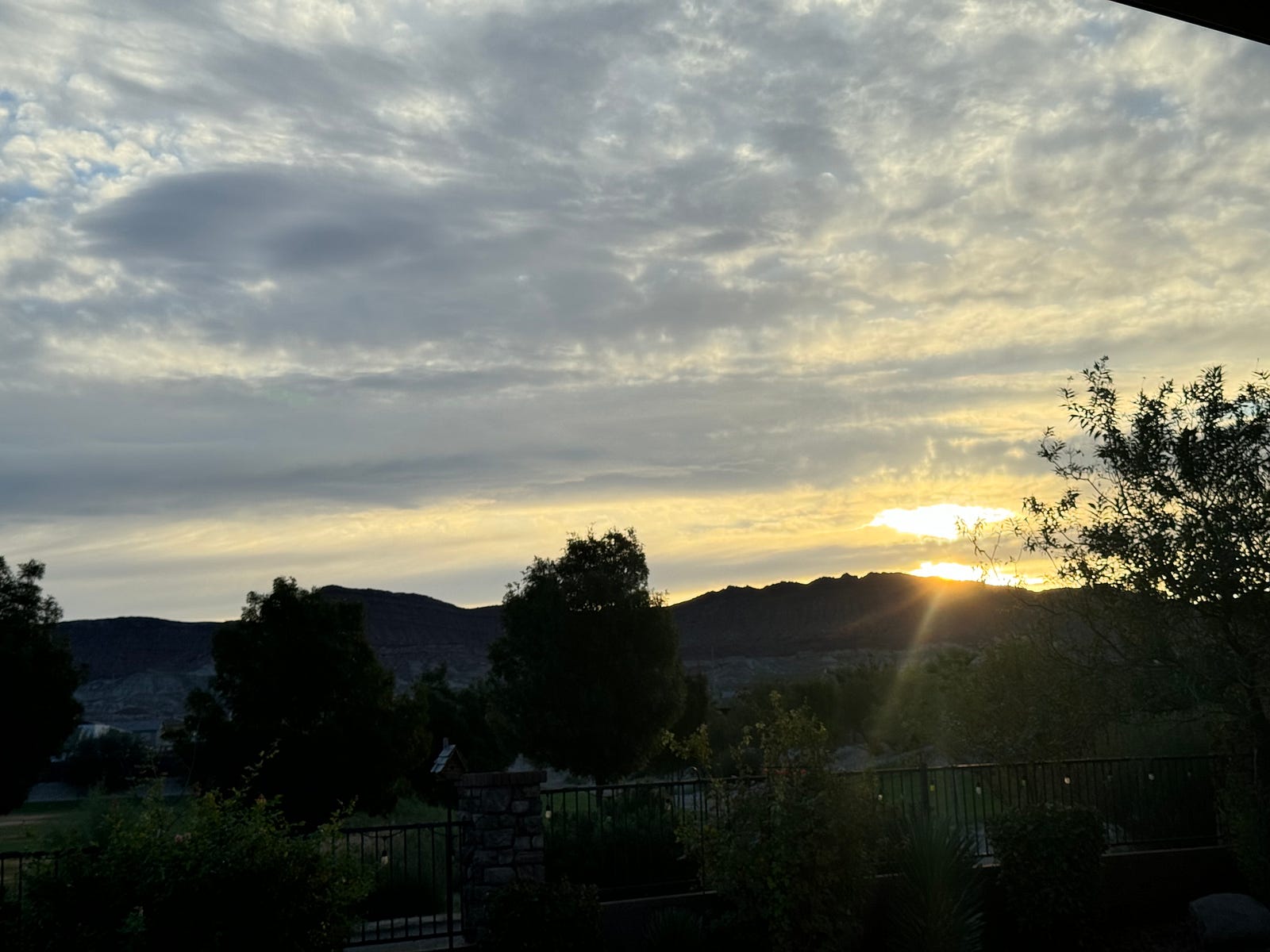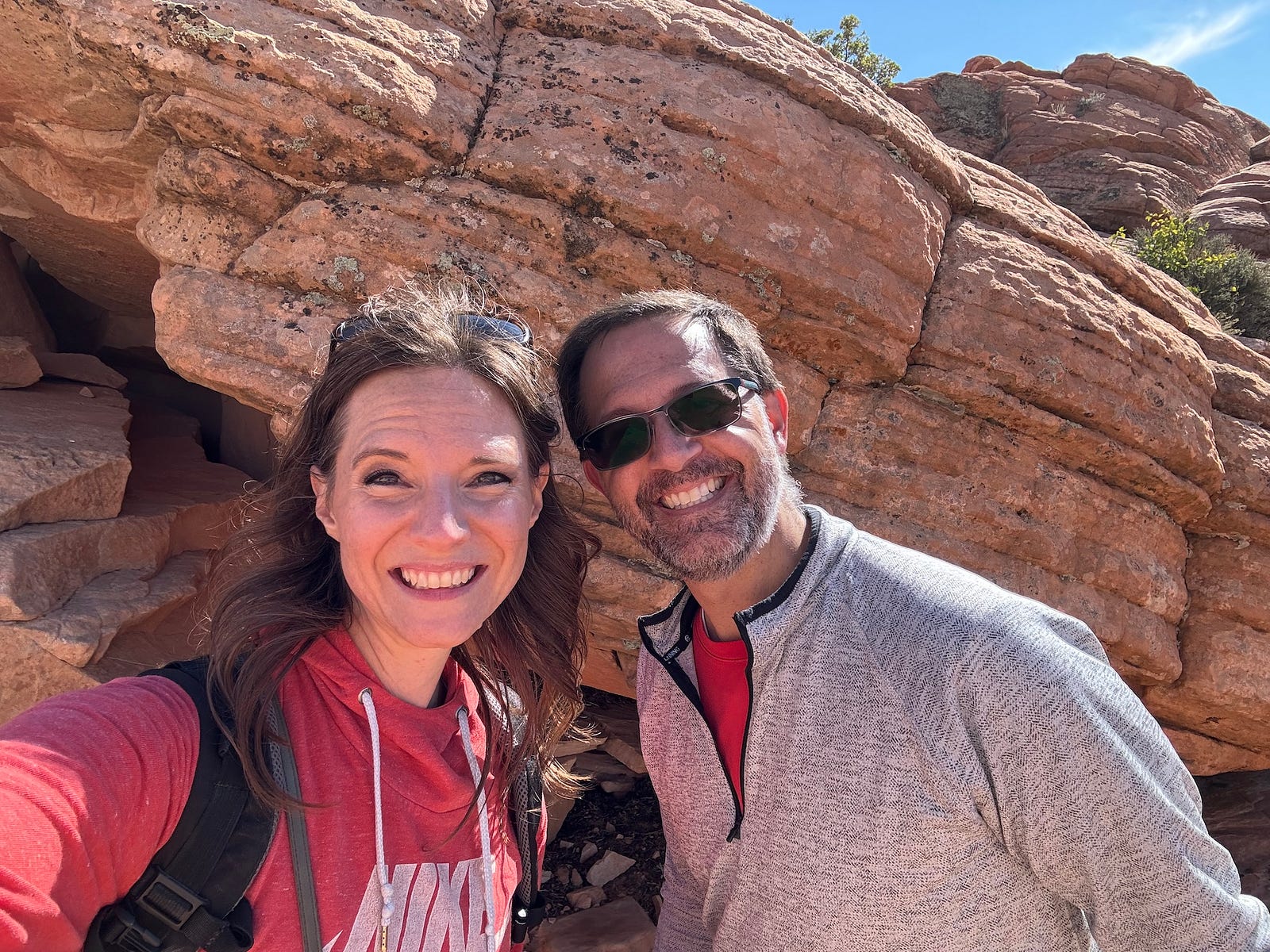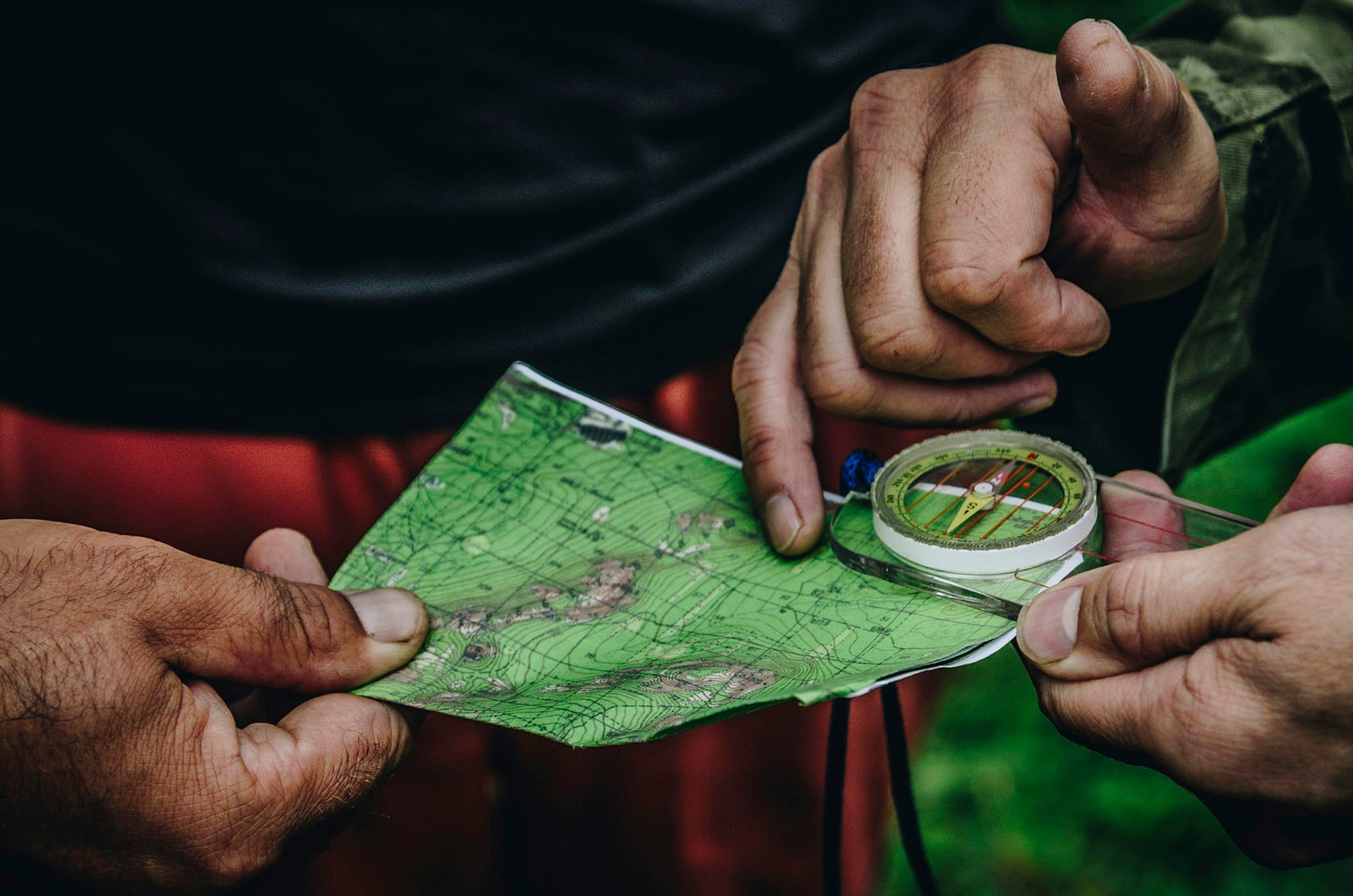Eve Arnold recently wrote an article that has stuck with me with me. In it, she wrote:
If you can, even for just a second, stop where you are, look around and count all the real things in your life, you’ll realise, you’re much richer than you think.
My employees know I’m the kind of person who engages in far more than I can ever accomplish in a day. I have more unfinished projects than I can count because I’m constantly distracted by either a higher priority or because I have a hard time saying no (mostly the latter).
I spend most of my waking hours in some degree of overwhelm.
Recently, I spent some time in the desert wilderness of Southern Utah camping with my family. We decided to leave at 4:30 am on the day of our trip. We woke up just after 2:00 am, finished our packing, and got on the road by 4:45.
Mornings are my thing, so I didn’t have any problem driving as my family settled back into peaceful slumber in the car (except for my youngest who stayed awake the whole 3.5 hour drive).
I regularly kiss my wife goodbye in the morning while she sleeps, but it’s not often that I see her sleep as daylight creeps over the horizon. Time slowed down just a little that morning each time I stole a glance at my wife as she slept. It’s an increasingly rare privilege to be married to your best friend. My relationship with my wife is one of the most real things I know.
We arrived at our campsite just after sunrise. The air was still crisp; a light breeze rustled the polychromatic leaves that had just begun to fall from the trees.
Days spent camping are paradoxically long and short. The hours seemed to stretch on as we alternated between just hanging out at camp and hiking in various places of the 45,000-acre wilderness area around us, yet sunset arrived before we knew it.
Time around the campfire singing silly campfire songs has been a tradition in my wife’s family for more than 70 years. My mother-in-law plays her guitar with the family singing along as best as they can. There’s never any judgment around how well a person sings or even if they choose not to participate. When they were little, every one of my children fell asleep in our arms as we sat around the camp fire singing.
When the distractions of everyday life are removed, it’s far easier to stay focused on the things that matter most; the real things. For me, this is a list of a few of the real things in my life.
- My wife. I feel so fortunate that my wife is, in all things, my favorite person. We laugh together, cry together, have intellectual conversations together, and watch Hallmark movies together.
- My children. An unknown author said that, “Children are the quiet miracle of a life unfolding before your eyes — a reminder that love is timeless, growth sacred, and every small moment together a gift that shapes you as much as you shape them.” That summarizes how I think about my children often. I’d be lying if I said that was always the case.
- My religion. I am devoted to my faith. I believe that religion has the potential to bring out the best in me and helps me see the best in others.
- My extended relationships. Outside of my wife and children, there are relationships in my life that I cherish above all. These might be relationships with extended family or friends.
- Reading. There are few things that bring calm into my life more than reading a good book. This is probably the thing I lose touch with more than anything when work gets busy. Well, that and my extended relationships that tend to get neglected when things are hectic.
- Helping others. Serving others is something that’s very real to me. In my employment and especially outside of it, I derive a lot of satisfaction from helping others solve their problems.
In my life, I’ve never had to deal with food insecurity. My family has always had a safe place to live. I acknowledge there are hundreds of millions of people worldwide for whom that is not a reality. At times, I’ve been given to excess, and I am self-aware enough to realize that my excess could have been better used to lift others.
Coming back to what Eve said, the real things in life bring me to quiet reflection on the kind of wealth I really have, one that exists outside of status, schedules, and the demands of unfinished projects. Connecting with the real things in life brings irreplaceable richness to our lives. Even in the busyness of life, we’re surrounded by real things that we may overlook.
The next time you feel overwhelmed, pause and consider the real things in your life. It may just change how you view things.



